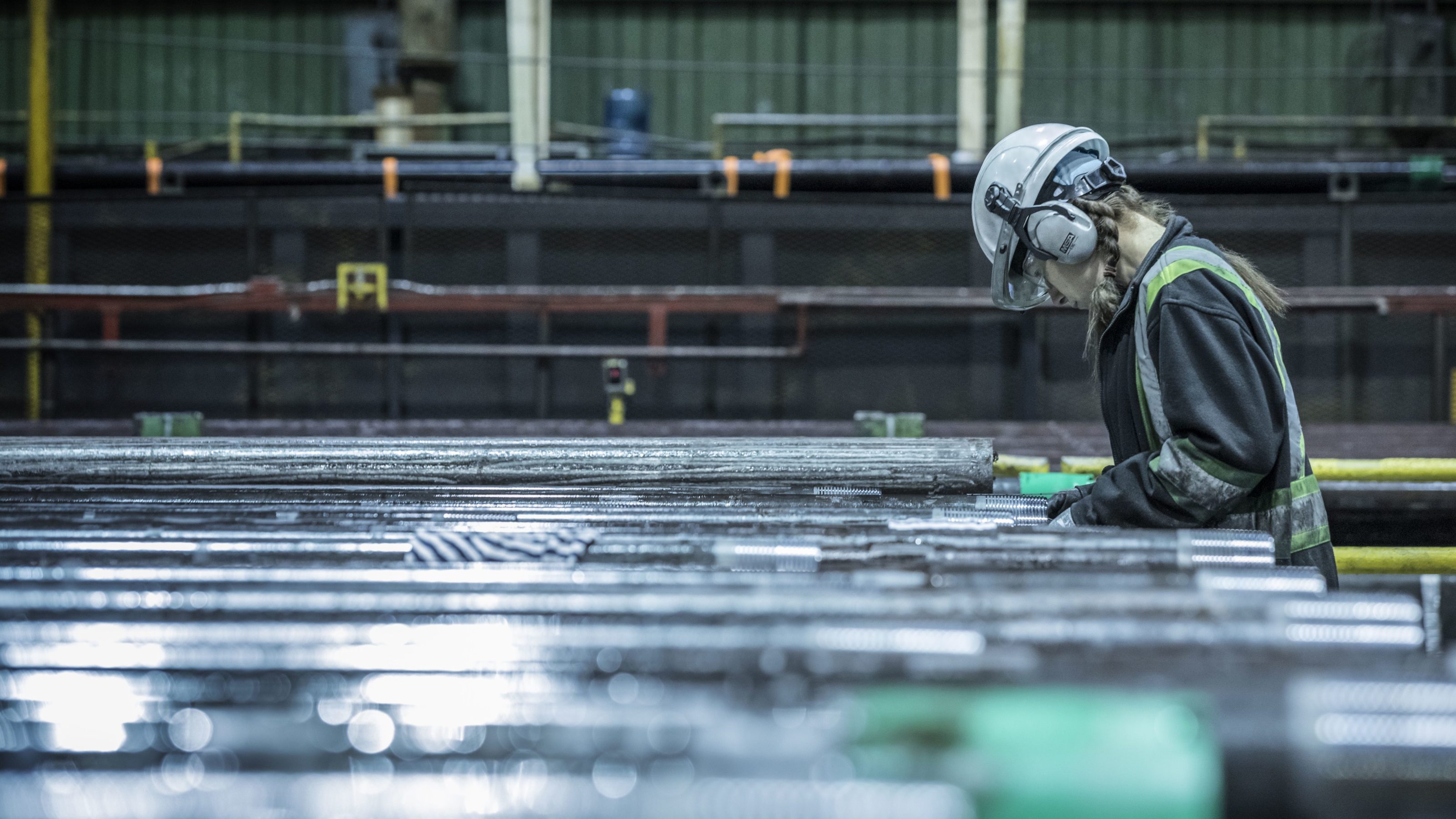Pardon me while I channel up the lyrics from a 1971 Ten Years After song: “I’d love to change the world, but I don’t know what to do.”
There has been lots of talk about Canada’s “Just Transition” to net- zero emissions, but so far little comprehensive analysis of the impact on Canada’s economy and Canada’s labour force.
The “Just Transition” appears to call for an almost immediate shut down of Canada’s oil and gas industry to curb the country’s 1.6 percent contribution to global GHG emissions.
According to IHS Markit, one of the pre-eminent authorities on energy systems, “energy transitions take many decades, centuries even, which is why the current movement to reshape the global energy system and the $90 trillion economy that it supports in just 28 and a half years is an unrivaled ambition.”
IHS goes on to say that “achieving a state of net zero requires radical actions that are neither currently planned nor foreseen in even our most aggressive global transition scenario (Green Rules).”
Atul Arya, IHS Markit’s senior vice-president and energy strategist is candid, noting that “changing the energy system takes decades and sometimes more than decades, and just in the last 12 months demand for all energy sources – oil, gas, coal – has increased significantly, in some cases, above the 2019 level.’
But those who support Canada’s “Just Transition” are extremely reluctant to lay out the facts about if and how such a radical move can be achieved without harming wide swaths of the Canadian economy.
What is the impact on employment and on gross domestic product (GDP) for the Canadian economy as a whole? For each of the provinces? And for key industries that fuel the Canadian economy, such as oil and gas and its value chain? What level of investment in energy system infrastructure will be needed over the next three decades, and how much of it will need to be subsidized by taxpayers? How high will Canada’s carbon price go from 2031 through 2050?
Those who support the “Just Transition” couch their language in slogans and catch phrases such as “growing the green economy” and “creating green jobs.”
Meanwhile, hard-line anti-oil and gas activists call on governments to shut down Canadian oil and gas production almost immediately, offering little in the way of concrete impact analyses of how exactly the oil and gas industry, its benefits to the country, and its workers can be replaced without huge new costs on Canadian taxpayers.
We all want a lower carbon future.
But the so-called “Just Transition” doesn’t grant Canadians the time to adjust, or to use the oil and gas industry to continue doing what it’s already doing– acting as the transformative bridge to a low emissions future in Canada and around the world.
Instead, it appears to adopt much the same approach as the International Energy Agency’s Net Zero Roadmap. The IEA calls for an immediate halt to investment in new fossil fuel supply projects around the globe, including in developing economies which rely on fossil fuel for economic growth, wealth generation and employment.
IHS Markit’s base case scenario says that “oil and gas will remain a major source of global energy by 2050―even as renewables continue to progress as the economic choice for the future. It is the existing scale―and range of vital applications that are difficult to decarbonize―that ensures these energy sources remain a critical part of delivering energy and value to a world with nearly two billion more people by 2050.”
According to IHS, under a radical transition, “by 2050, 85% of the world’s oil supply is produced by seven companies, mainly in the Middle East, Eurasia, and pockets in the Americas.”
Canada can choose to have its oil and gas industry in the forefront of the global transformation towards lower emissions or it can choose to cede the field to Middle East autocracies and other bad actors.
Canada’s “Just Transition” raises the stakes for the Canadian economy, Canadians, and the oil and gas industry. There is a clear need for those who support such a radical transition to put the cold, hard facts on the table so Canadians can judge for themselves.
The unaltered reproduction of this content is free of charge with attribution to Canadian Energy Centre Ltd.
